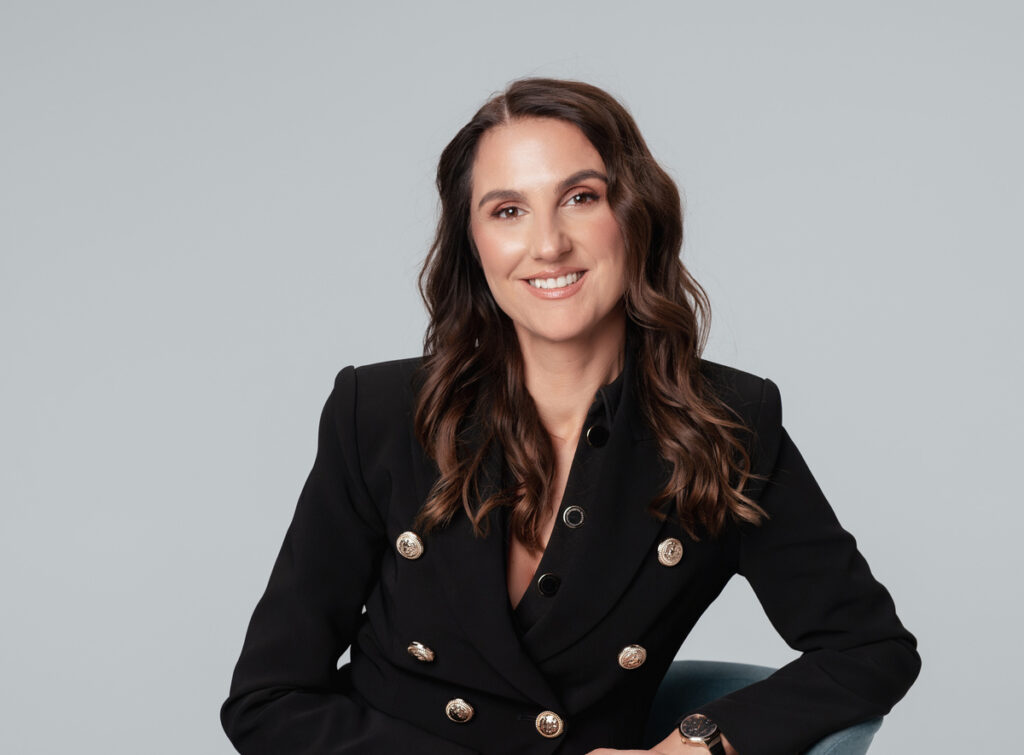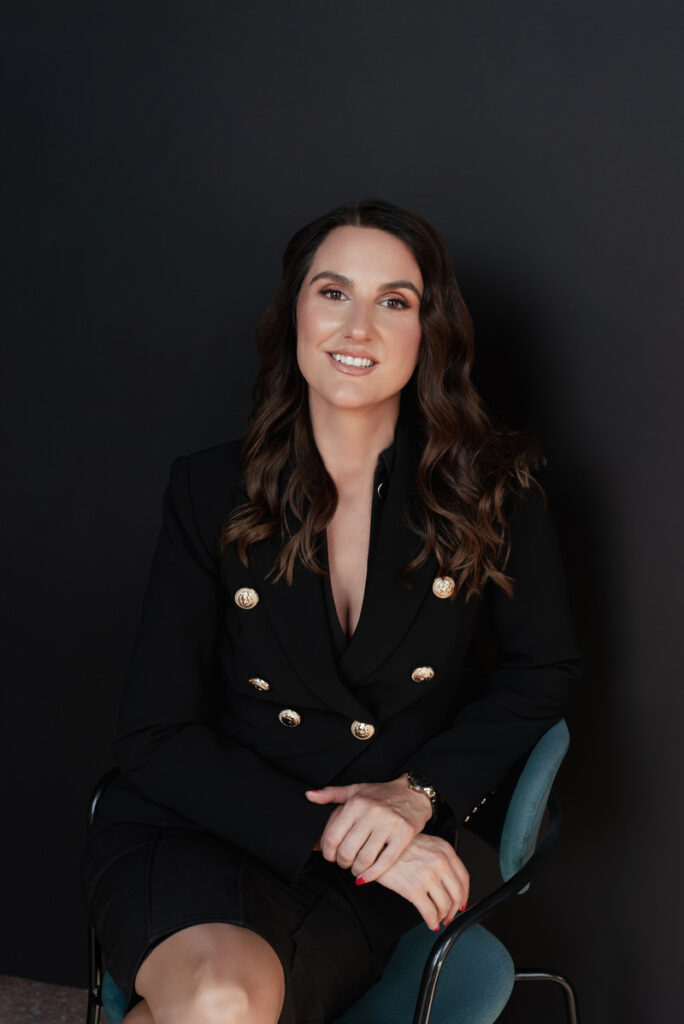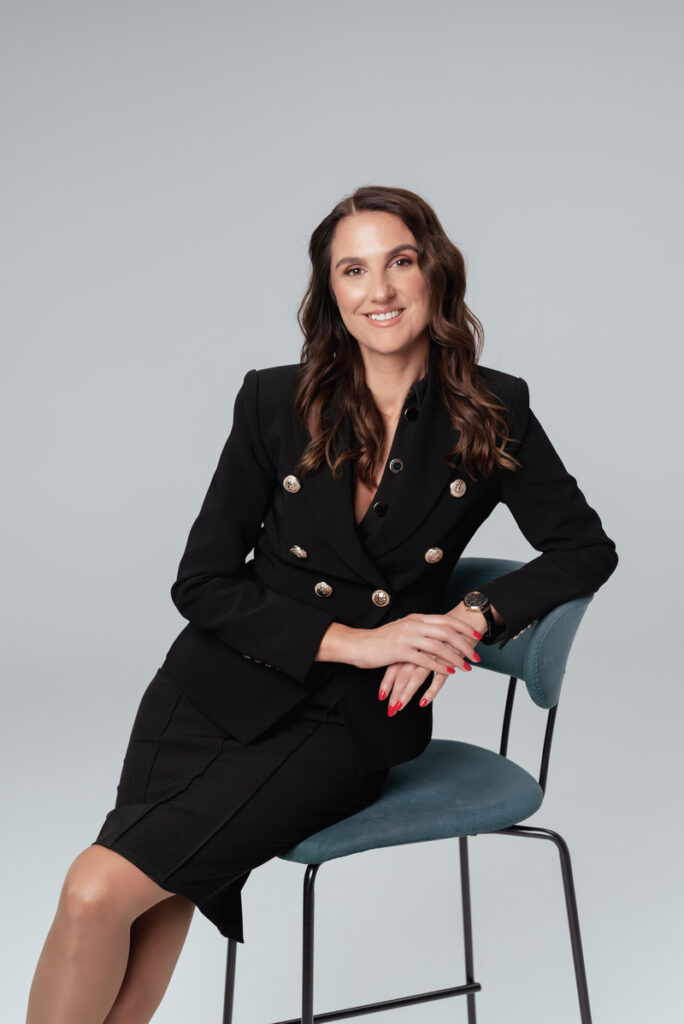Wiener Städtische Insurance’s leadership on innovation, stability and client trust in Serbia

CORPORATE INTERVIEW
Svetlana Smiljanić
Member of the Executive Board of the Wiener Städtische Insurance
Svetlana Smiljanić, a Member of the Executive Board of Wiener Städtische Insurance Company, discusses the company’s strategic direction, the evolving needs of clients in Serbia, and the role of innovation in fostering long-term trust in the insurance sector.
We aim to combine the simplicity of digital solutions with the trust and personal contact of traditional channels
What is your assessment of the key changes which have taken place in the Serbian insurance market during the past five years, and what has been your company’s response to said changes?
The domestic market has recorded an increase in premiums year-on-year. However, the structure of the portfolio itself has not fundamentally changed – motor third party liability insurance is still dominant, while property and increasingly voluntary health insurance have marked double-digit growth. Life insurance, which in the structure of the portfolio amounts to just over 18%, has shown slower growth, ranging from 3.5 to 7%, depending on the year. Despite the increase in premiums being followed by an increased number of the insured, the market still cannot be considered developed. The greatest potential lies in voluntary insurance, which strengthens the financial resilience of citizens and companies, ensuring the better sustainability we all strive toward.
Last five years have been marked by global events such as the COVID-19 pandemic, accompanied by disruptions in supply chains and increased health risks. The climate changes to which we are exposed, in addition to inflation, conflicts, tensions, and energy instability, further encourage us to adapt our operations and products to the circumstances, while staying true to our key promise—that of providing financial security, services, and solutions that meet the increasing needs for security in conditions of multiplying risks and increasingly unstable circumstances.
Such opportunities require adequate answers – and by that, I mean primarily our role to diversify products and risks in complex circumstances, to adjust tariffs and reinsurance coverage, but also to respond to the increasing needs for digitized solutions in a modern digital environment.
Our business during this period has been marked by constant dedication to improvement of user experience, digitalization, automation, and to streamlining of internal processes, as well as to development of sustainable business ecosystems.

There has been an increasing influence of digital transformation on insurance-related business models. How do you align the development of digital services with the traditional sales channels to achieve maximum value for customers?
Digital transformation is the strategic framework within which we develop and improve our business, together with customer experience and employee efficiency. We aim to combine the best of both segments – the digital services providing simplicity and speed, and traditional channels with personal contact and a high level of trust.
Our clients can visit our web shop to purchase certain products, have a simple overview of the contracted policies through the digital search engine, pay due premiums directly, monitor the status of claims settlement, and access all useful information. All the while, they retain the possibility of direct contact with our advisors and agents in case of needing additional support. We strongly value direct contact and service provision, but simultaneously, we provide users with mobile and desktop applications. In that way, we build the user experience on all communication channels with the goal of providing a continuous sense of care and security when using our services, regardless of whether the client uses an application or a web portal, or talks to our agent or administrator. I am convinced that, by combining technology for simple and fast services with personal contact for complex products, we provide customers with additional value in terms of availability, speed, and trust.
Voluntary insurance is the driving force behind a more resilient market and a more resilient society
Human resources and complex processes in the insurance industry play an important role. In what way do you ensure that talent development, organizational culture, and operational efficiency remain aligned with the company’s long-term strategic goals?
We find that topic to be of great importance, and thus we devote a great deal of attention to it, since human resources and organizational processes must be in a constant balance between maintaining stability and adapting to changes. I believe that our company successfully integrates the development of employees’ competences and the development of talents through continuous learning. We are especially proud of our WSO Academy, entering its fifth season, through which 130 participants have passed, as well as the Mentoring Academy, which has so far promoted over 50 mentors who are key support for other members of our team. Also, our employees have access to training and workshops at the VIG Group level, which allows them to improve their skills and develop an innovative approach to work, in addition to exchanging experiences.
Operational efficiency is highly important in light of increasingly rapid changes. By automating part of the process, we free up space for our employees’ innovative and creative work.
In addition to promoting open communication, we recognize exceptional performers and reward their success through our PDD evaluation program, while fostering a feedback culture, believing that in this way we further strengthen our organizational culture.
ESG factors (environment, social responsibility and corporate governance) are becoming increasingly important in the financial sector. What initiatives in this area are you undertaking, and how do you measure their contribution and results?
Managing continuous success today is inextricably linked to environmental, social, and financial issues. Our sustainable management model is defined through the Local Sustainability Program 2024, consisting of six areas – asset management, underwriting, business operations, employees, clients, and community – with clearly defined objectives and performance indicators. For each of the areas, we have established specific goals and key performance indicators, with which we measure our progress toward sustainable development.
We have already made contributions in terms of reducing the carbon footprint by using electricity from renewable sources in investment properties. In accordance with the group’s policy, we do not increase exposure to coal production insurance, but encourage the insurance of electric and hybrid vehicles, as well as their representation in our fleet. Moreover, as a socially responsible company, we have taken the responsibility to raise the community’s awareness of the risks. Research conducted by the company Gallup International has shown that the level of awareness of risk management in Serbia is lower than the average of CEE countries, which makes citizens more vulnerable. Through our Risk Literacy program, designed to raise the citizens’ awareness of risks through various projects and channels, we strive to improve risk knowledge and strengthen the citizens’ financial resilience.

Looking into the future, what strategic opportunities do you see for growth and potential market disruptors in Serbia and the region, and how is the company preparing to maintain and strengthen its leadership position?
The domestic market has several strategic opportunities for growth. The entire segment of voluntary insurance, from property insurance, through agriculture, to household insurance, is the driving force behind the growth and development of the market, but also of society, as it increases the financial resilience to increasingly complex risks from the environment. Voluntary health insurance will undoubtedly continue to grow, but we expect the same from property insurance in conditions of climate change and the increasing variety of damage caused by it. In addition, new risks, including cyber risks and those in the segment of goods payment claims and transport, can be a source of growth and innovation.
However, regardless of the solutions and their availability, educating the population is of essential importance and we are very committed to it. On the other hand, tax incentives for life insurance can be a significant driver of this market segment, which has been stagnant for decades. We see great potential in this and as a company we are highly committed to creating a platform for decision-makers in the country through which they can encourage citizens and the economy, with a set of tax incentives, to invest in this particular insurance segment.
As a company, we strategically develop adaptability, while simultaneously having to be agile and proactive – in such a way that we rapidly develop digital tools and services and take advantage of process automation and data analytics. A great opportunity lies in creating partnerships with startups and the development of business ecosystems, through accelerated innovation and the development of new channels that will connect us with clients and their needs. In particular, by this I mean the affinity programs and further integration of our services into the products of other companies, such as telecommunication companies and e-commerce.